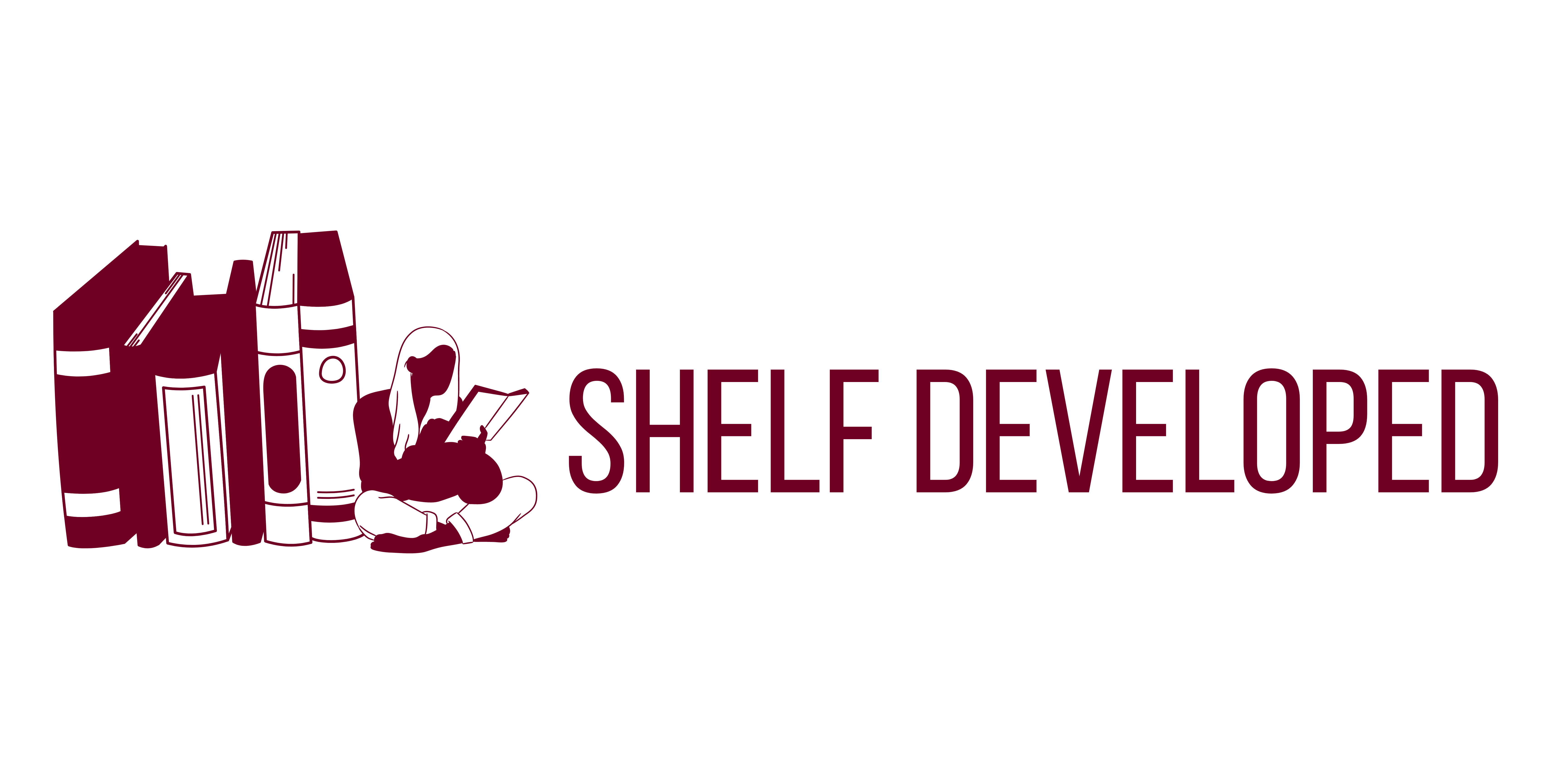As much as I enjoy reading nonfiction, they’re often a hit or miss. They’re either too technical, too slow, or too excessive (when it could easily be concise). If you’re looking to break up your fictional streak (why though?) or learn something new, I’ve rounded up three books that balance storytelling and information delivery that had me until the last page.

Your Brain On Porn: Internet Pornography and the Emerging Science of Addiction, Gary Wilson.
Wilson gathers and explains anecdotes and scientific evidence about the reality of porn addiction with simplicity. This makes it stand out against other popular science books I’ve read.
This book actually zeroes in on neuroplasticity and uses porn addiction as a case study to explain how it works. It left me thinking about subjects like hyperfixation (think pop culture and media), heterosexual relationship dynamics, and the objectification of human bodies. The brain is a fascinating thing, highly attracted to mystery, novelty, and excess. The good news is: you can always rewire your brain.

The Psychology of Money, Morgan Housel.
I personally find the book’s title a misnomer, because it is more about having the right mindset about money. Housel is an investor and columnist, so he doesn’t delve too deeply into the science of why or how people make financial decisions. Instead, he dissects people’s associations with money and how these influence behaviors and decisions.
The way it’s written feels personal since Housel draws from his or others’ experiences. He can relate concepts even if you have little to no understanding of investments and wealth generation. This book did not feel dense when I was reading it, and that’s important for a finance book. Many readers may consider personal finance an intimidating topic from the beginning.

Attached: The New Science of Adult Attachment and How It Can Help You Find and Keep Love, Amir Levine and Rachel S.F. Heller.
I had to read this book for a freelance job and immediately judged it based on its cover, its title, and its topic. It introduces the attachment theory. The theory explains that how you create bonds with others is largely determined by your childhood experiences. While I’m not sure I believe in it (it seems too fixed, like MBTI personality types), it does provide insight as to why people react to certain behaviors and triggers.
It reminds me of Matthew Perry and Oprah Winfrey’s book, What Happened To You? which applies a trauma-experience lens to explain people’s behaviors. You may find yourself reflecting on your own childhood experiences and past relationships while reading, and I think that’s a good thing—you can go back and assess what went wrong and think about what you can do to make sure you succeed next time.
Will you be picking up any of these titles? Let me know in the comments below!


There’s definately a great deal to know about this
subject. I really like all the points you’ve made.
When I originally commented I clicked the “Notify me when new comments are added” checkbox and
now each time a comment is added I get four e-mails with the same comment.
Is there any way you can remove people from that service?
Thank you!
Thanks for flagging, I’ll look into this and find a way to fix it!